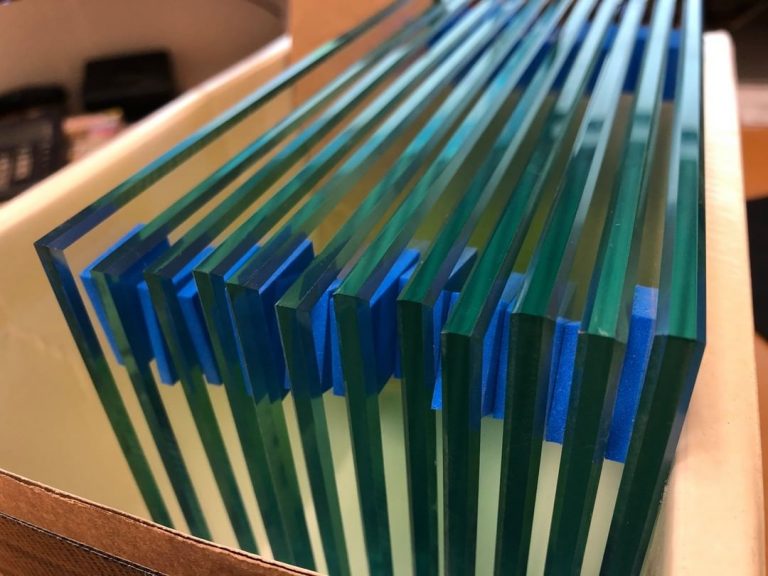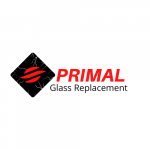Float glass, also known as annealed glass, is one of the most widely used and versatile types of glass. Its name comes from the manufacturing process, where molten glass is floated over molten tin to create a perfectly flat and smooth surface. This article explores the features, benefits, and common applications of float glass to help you understand its importance in everyday use.
Float glass is the most basic type of flat glass, forming the foundation for many other glass products like tempered, laminated, and tinted glass. It is available in various thicknesses and can be customized for specific uses.


Cost-Effective:
Versatile:
Customizable:
High Optical Clarity:
Ease of Fabrication:
Eco-Friendly:
Foundation for Advanced Glass Types:
Lack of Safety Compliance (AS 1288):
Fragility:
Limited Energy Efficiency:
Not Soundproof:
Float glass is ideal for applications where basic functionality and transparency are required. While it may not offer advanced features like enhanced safety or energy efficiency, it provides an excellent foundation for various uses and can be customized to suit specific needs.
Need help selecting the right type of glass for your project?
At Primal Glass Replacement, we specialize in a wide range of glass solutions, from standard float glass to advanced safety and energy-efficient options. Whether you’re upgrading your home or working on a commercial project, our experts are here to guide you every step of the way.

